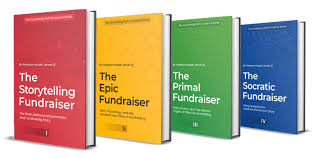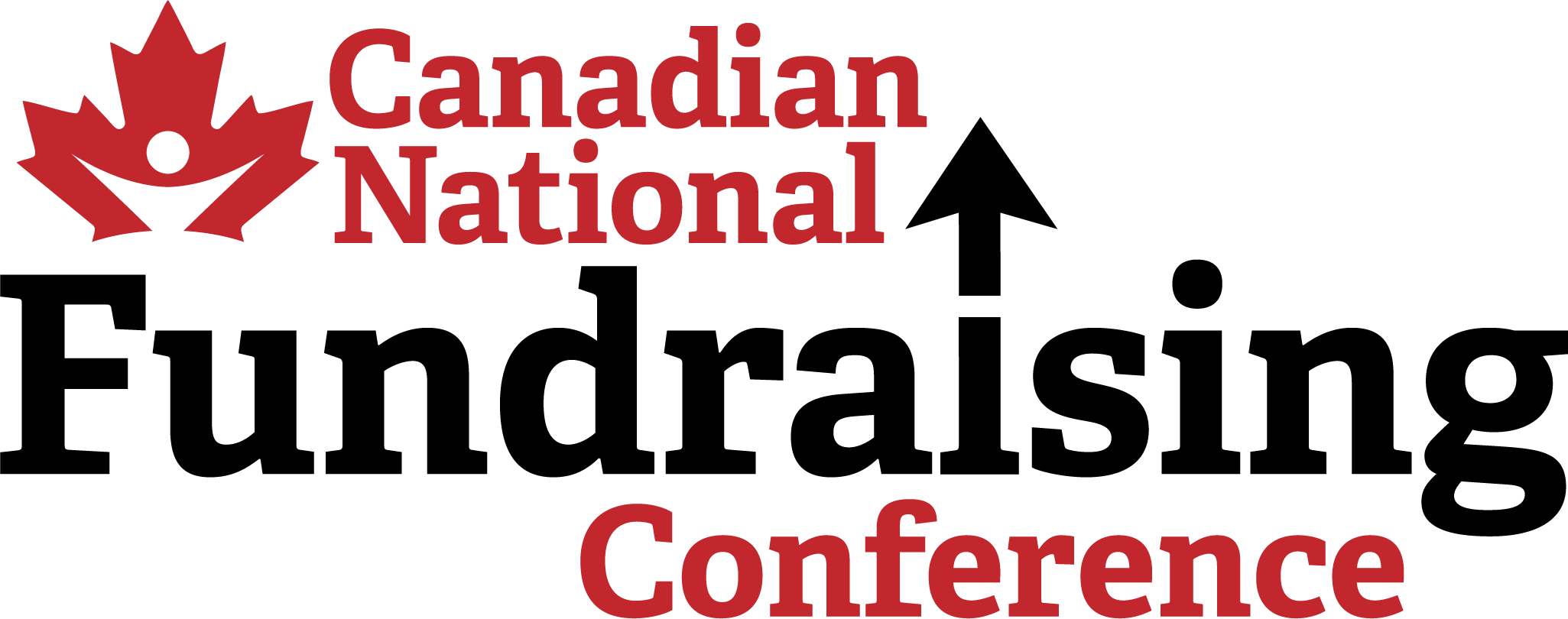Sponsored by Keys Marketing Group
Socratic Fundraising: Using Questions to Advance the Donor’s Journey
LIMITED TO 30 PARTICIPANTS. DON’T MISS OUT. | 1:40 pm to 4:00 pm
 Workshop Leader: Russell James, J.D., Ph.D., CFP®, Professor of Charitable Financial Planning at Texas Tech University. Author, speaker, insights guru.
Workshop Leader: Russell James, J.D., Ph.D., CFP®, Professor of Charitable Financial Planning at Texas Tech University. Author, speaker, insights guru.
“It’s very important not to know all the answers. Often we don’t know, and if we did it would be no good, for it is of greater value to the patient when he discovers the answers himself.” -Carl S. Jung
Socratic Wealth Conversations: How to Inspire Transformational Gifts of Assets. Fundraising success comes from asking the right questions, especially when guiding donors to consider major gifts from their wealth rather than cash alone. Professor James presents the science and real-world application of using appreciative inquiry and asset-focused conversations to lead donors to their own reasons for transformational generosity. Attendees will learn specific, stress-free questions to use throughout the donor relationship to unlock significant gifts of assets such as stocks, real estate, and RRSPs. You’ll get a deeper understanding of major gift decision processes and plenty of real-world “magic” questions to try out right away.

Wealth is not held in cash; it’s held in other assets like stocks, bonds, real estate, and RSPs. Research shows that shifting donors to giving from their wealth (assets), rather than just from their cash (disposable income) can lead to transformational donations. But how can we actually make this happen? Talking about someone else’s wealth can be scary! In this presentation, Professor James walks through the step-by-step process that makes these conversations simple, easy, and stress free. You don’t need to be a gift planning expert to inspire major gifts of assets. You just need to attend this workshop!
You’ll also learn: How examples can motivate generosity. Using social norms can be powerful in fundraising, but there are many ways to do it wrong. What is the best example gift? Example gift size? Example donor? What phrasing works best? How does this all this change for estate and planned gifts fundraising? This workshop shares real-world answers and practical strategies from academic research, statistics, and experiments. Come and learn what works for people like you.
Just $325.00 p.p. and includes Prof. Russell’s closing plenary keynote talk. (Workshop limited to 30 participants.)
Uses this button to register for the Workshop.
If you are registering for the Conference, please use this button below. Thank you.
WANT TO READ MORE ON THIS TOPIC BY RUSSELL JAMES? SEE HIS ARTICLES BELOW.
SOCRATIC FUNDRAISING: INSIDER’S VIEW
By Russell James, PhD
We start with theory. This isn’t just a penalty for reading something written by a professor. In the end, it’s quite practical. Yes, we’ll get to lists of tips and tricks. We’ll look at magic phrases and powerful questions. But first, it helps to know what we’re doing. It helps to know who we’re being. Once we get that, everything else fits. It fits the story. It fits the model. It fits the theory.
Delivering value
What does a charity offer that the donor wants? A charity can provide value to many people in many ways. But fundraising provides value to the donor in just one way – by delivering an enhanced identity. (read the full article).

